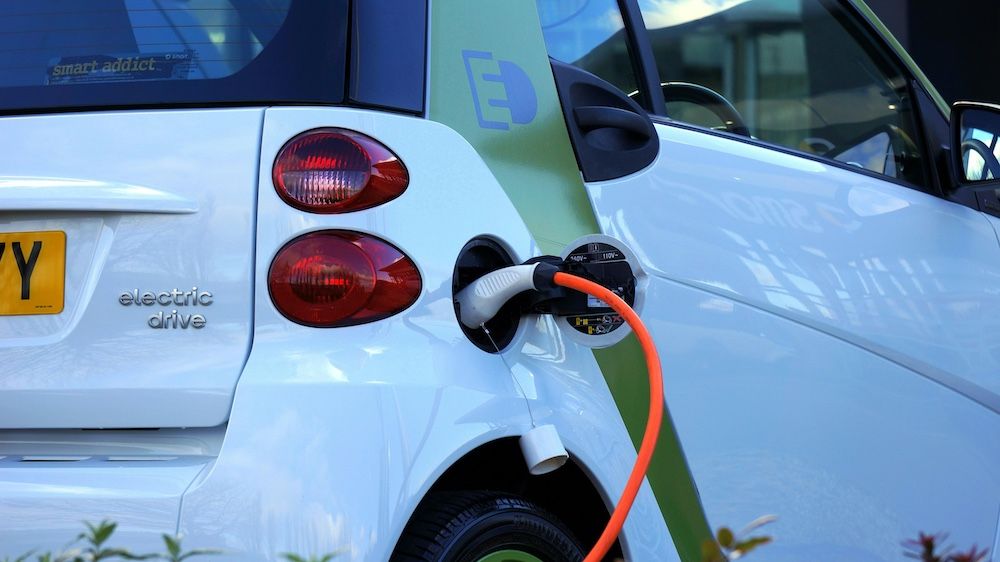With the growing global awareness of environmental protection and the push for sustainable development, electric vehicles (EVs) have become an increasingly popular choice in modern transportation. More and more consumers are considering buying electric cars as an alternative to traditional gasoline-powered vehicles. However, while EVs offer numerous advantages in terms of environmental benefits and energy efficiency, they also present certain limitations and challenges.
First and foremost, the biggest advantage of electric vehicles is their environmental benefit. EVs rely on electric motors instead of internal combustion engines, which means they produce little to no harmful emissions, such as carbon dioxide, nitrogen oxides, and other pollutants, during operation. This significantly reduces air pollution and greenhouse gas emissions. As the global energy transition moves toward cleaner energy sources, the environmental benefits of EVs will only continue to improve. In addition, electric vehicles are generally more energy-efficient than traditional gasoline vehicles. Electric motors typically convert energy much more efficiently than internal combustion engines, making EVs more energy-efficient in their day-to-day operation.
Another advantage of electric vehicles is their lower maintenance costs. Due to the simple structure of the electric motor, EVs are less likely to experience mechanical failures compared to traditional vehicles, and they do not require routine oil changes or other maintenance typical of combustion-engine vehicles. Over the long term, the repair and upkeep costs of electric cars are generally lower. Additionally, governments offer various subsidies and incentives to encourage the purchase of electric vehicles, helping to reduce their initial cost for consumers.
However, electric vehicles also come with some notable drawbacks. The most significant issue is their driving range. Although battery technology has improved significantly in recent years, electric vehicles still generally have a shorter driving range compared to traditional gasoline-powered cars. This can be a major concern for consumers, particularly for those who drive long distances regularly. While the infrastructure for charging stations is expanding, there are still regions, especially in rural areas, where charging facilities are limited or inconvenient.
Another disadvantage of electric vehicles is their relatively high upfront cost. Although prices have been gradually decreasing, EVs are still more expensive to purchase compared to their gasoline counterparts. High-performance electric cars, in particular, can be much more expensive than similar gasoline vehicles. While electric vehicles save on fuel and maintenance costs over time, the initial purchase price remains a significant barrier for many potential buyers.
Additionally, the lifespan and replacement costs of batteries pose a challenge for electric vehicle owners. The battery is one of the most important components of an EV, and its performance will degrade over time. As batteries age, their capacity decreases, and replacing the battery can be quite costly. Although many manufacturers offer warranties on batteries, concerns about battery life and replacement costs still persist among consumers.
Electric vehicles offer undeniable advantages, such as being environmentally friendly and energy-efficient, but they also face challenges related to driving range, initial purchase cost, charging infrastructure, and battery replacement. Consumers considering the purchase of an electric vehicle should carefully weigh the pros and cons based on their specific needs, driving habits, and financial situation to make an informed decision.





